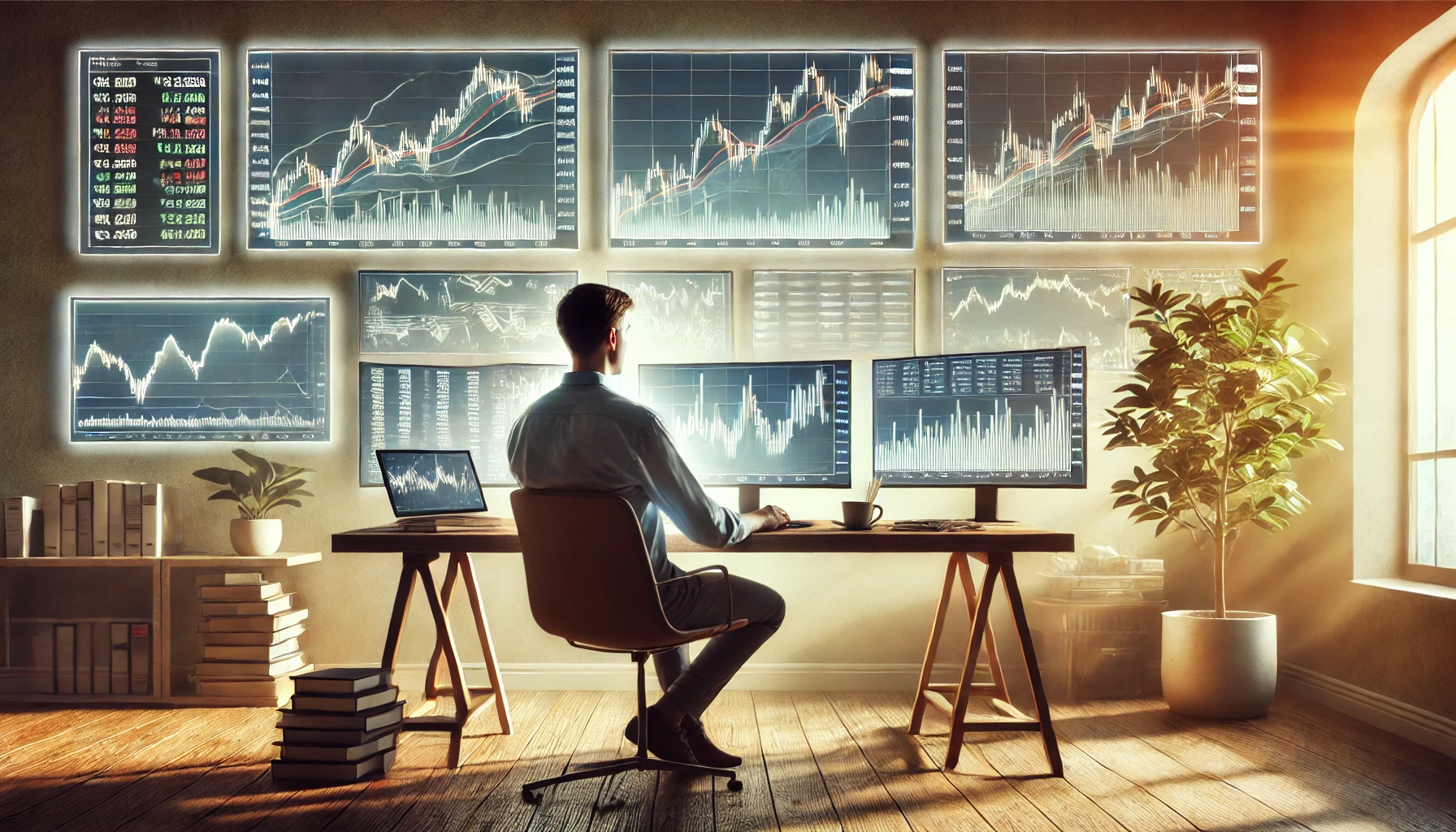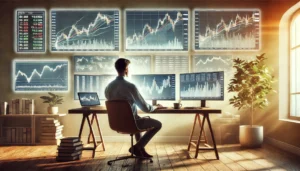As you progress on your trading journey, you begin to notice something strange. The strategies and techniques you’ve learned are sound. You know how to analyze charts, manage risk, and spot opportunities. Yet, despite all this knowledge, something still feels off. You might win a few trades, but you find yourself losing others due to impulsive decisions or second-guessing your plan. You begin to realize that the real challenge in trading is not in the market itself, but within your own mind.
This is where the final part of our journey begins. Mastering the technical aspects of trading is essential, but the true mastery comes from within. The mind is the battleground where most traders win or lose. In this part, we’ll explore the psychological principles that will transform you from a technically proficient trader into a master of your own emotions and decisions.
Emotional Intelligence: The True Edge in Trading
Trading is a deeply emotional experience. When money is on the line, emotions like fear, greed, hope, and frustration come to the surface. Many traders fall into the trap of letting these emotions dictate their decisions. They chase after losses, hold onto bad trades, or sell too soon because they’re afraid of losing profits. These emotional swings are the downfall of many otherwise capable traders.
The solution isn’t to suppress your emotions but to develop emotional intelligence—the ability to recognize and manage your feelings in real-time. This allows you to stay calm under pressure, act rationally, and follow your trading plan without being swayed by momentary impulses.
A key part of emotional intelligence is understanding that losses are a natural part of trading. Even the best traders lose money on individual trades. What sets them apart is their ability to accept losses gracefully and move on without letting it affect their next decision.
Cultivating Presence: Trading as a Practice of Mindfulness
In “The Zen Trader,” we learned the importance of presence—the ability to remain fully aware and focused in the present moment. Mindfulness, in trading, means letting go of attachment to outcomes and being fully present with the market as it is, rather than as you wish it to be.
When you’re mindful, you don’t react to every market fluctuation. You observe it, analyze it, and act when it aligns with your strategy. You let go of the fear of missing out, of making a wrong decision, and of the market moving against you. Instead, you act from a place of clarity and detachment.
Meditation and mindfulness exercises can help you build this presence. Even a few minutes of deep breathing before you start your trading day can center your mind and prepare you to face the market with calm focus.
Building Resilience: Learning from Losses
Trading is a marathon, not a sprint. Along the way, you’ll encounter setbacks and losses, but these are not failures. Every loss is a learning opportunity, a chance to refine your strategy and improve your decision-making process.
Resilience in trading means bouncing back from losses without losing confidence. It means understanding that no single trade defines your success. The market is a place of infinite opportunities, and with each trade, you learn something new. Building this resilience allows you to stay in the game long enough to see the rewards of your hard work.
Mastery Beyond the Market: Trading as a Life Practice
The final step in becoming a true trader is understanding that trading is not just about making money; it’s about mastering yourself. The lessons you learn in the market—discipline, patience, emotional intelligence—are the same lessons that will help you succeed in life.
In trading, you confront your deepest fears, your need for control, and your attachment to outcomes. In doing so, you become not just a better trader but a more grounded and resilient individual. Trading becomes less about winning or losing and more about the process—about showing up every day with focus, clarity, and dedication.
This is the true mastery of trading: when the market becomes a mirror that reflects your inner state, and you learn to navigate both with grace.
Conclusion: The Journey Never Ends
The market will always be there, and so will the opportunities. But the most important lesson is this: the real journey is within. As you continue on your path, you’ll discover that the greatest rewards come not from the market itself, but from the growth you experience along the way.
With these insights, you are now equipped not just to trade but to thrive in every aspect of your life. And as you move forward, remember that mastery is not a destination—it’s a process. Keep learning, keep growing, and keep trading with the wisdom you’ve gained.

